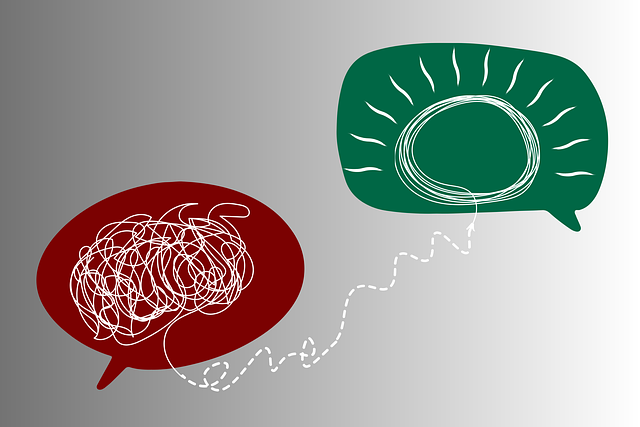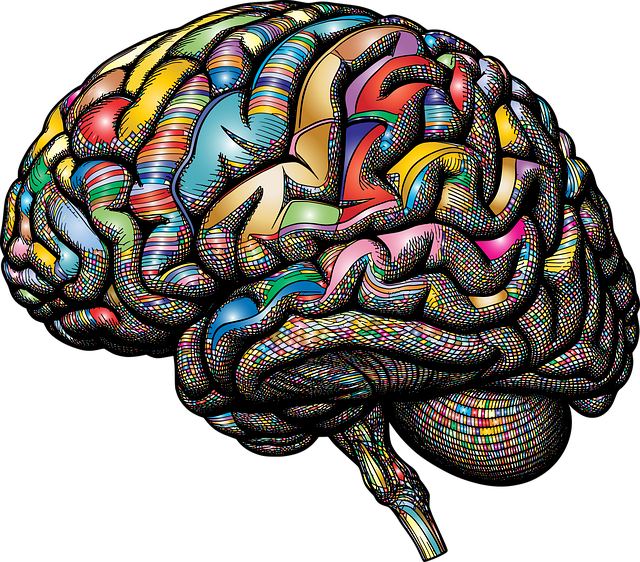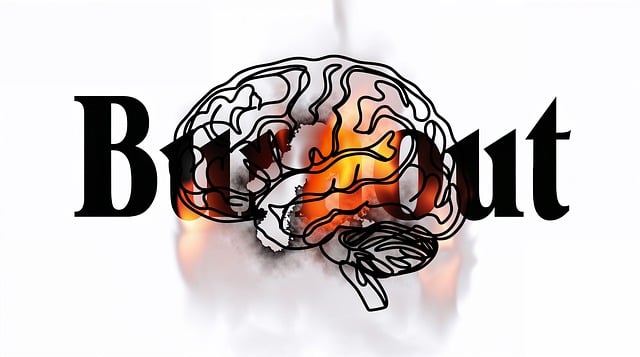Englewood Developmental Disability Therapy offers evidence-based coping skills training tailored to individual needs, empowering clients with developmental disabilities to manage challenges and emotions effectively. Their holistic approach integrates diverse methods like Mental Wellness Journaling, Empathy Building Strategies, and Social Skills Training to enhance resilience, reduce stress, and improve quality of life. By fostering emotional healing and preventing therapist burnout, Englewood ensures individuals develop adaptive techniques for navigating life's challenges within their community support network.
At Englewood Developmental Disability Therapy, coping skills development is a cornerstone of our comprehensive therapeutic approach. This article explores the vital role these skills play in empowering individuals with developmental disabilities to navigate challenges and lead fulfilling lives. We delve into strategies for identifying unique coping needs, present evidence-based techniques to enhance skill acquisition, and provide insights on seamlessly integrating these practices into daily routines and community settings at Englewood.
- Understanding Coping Skills and Their Significance in Developmental Disability Therapy
- Strategies for Identifiying Individual Coping Needs at Englewood Developmental Disability Therapy
- Evidence-Based Techniques to Foster Effective Coping Skills Development
- Integrating Coping Skills Training into Daily Routines and Community Settings at Englewood
Understanding Coping Skills and Their Significance in Developmental Disability Therapy

Coping skills are essential elements in the therapy landscape for individuals with developmental disabilities. They serve as the tools that enable folks to navigate life’s challenges and manage their emotional responses effectively. In the context of Englewood Developmental Disability Therapy, understanding coping mechanisms is paramount. These skills empower clients to face obstacles head-on, fostering inner strength development and enhancing overall well-being.
By integrating various coping strategies, therapists can help individuals build resilience, reduce stress, and improve their quality of life. This process goes beyond traditional therapy sessions; it encourages the adoption of healthy habits that prevent burnout among healthcare providers as well. Social skills training, for instance, plays a crucial role in promoting positive interactions, which is vital for both the client’s emotional health and the therapist’s sustainability in the long term, avoiding what’s commonly known as burnout prevention strategies for healthcare providers.
Strategies for Identifiying Individual Coping Needs at Englewood Developmental Disability Therapy

At Englewood Developmental Disability Therapy, recognizing and addressing individual coping needs is a cornerstone of our approach. We understand that every client has unique challenges and strategies for managing stress and emotional difficulties. Our therapists employ various methods to identify these specific requirements, ensuring personalized care tailored to each person’s circumstances. By evaluating factors such as past experiences, current life stressors, and personal preferences, we can pinpoint the most effective coping mechanisms.
Englewood prioritizes a comprehensive understanding of mental health and developmental disabilities, incorporating insights from Risk Management Planning for Mental Health Professionals and Mental Illness Stigma Reduction Efforts into our practice. We believe in fostering emotional healing processes through adaptive techniques, enabling clients to navigate life’s challenges with resilience and self-efficacy. This holistic approach considers the interconnectedness of mental well-being, personal growth, and community support, ultimately empowering individuals to lead fulfilling lives.
Evidence-Based Techniques to Foster Effective Coping Skills Development

In fostering effective coping skills development, Englewood Developmental Disability Therapy leverages evidence-based techniques that empower individuals to navigate life’s challenges with resilience and self-assurance. One such approach is Mental Wellness Journaling Exercise Guidance, which encourages reflection and processing of emotions through written expression. This practice not only enhances self-awareness but also provides a safe space for individuals to explore their thoughts, fostering a deeper understanding of coping mechanisms that resonate personally.
Complementing this is Empathy Building Strategies integrated into therapy sessions. By cultivating empathy, individuals gain a greater capacity to recognize and appreciate the perspectives of others, which translates into more meaningful connections and effective conflict resolution. Additionally, Social Skills Training plays a pivotal role in teaching pro-social behaviors, communication strategies, and problem-solving techniques, all while reinforcing positive interactions that contribute to an individual’s overall mental wellness.
Integrating Coping Skills Training into Daily Routines and Community Settings at Englewood

Englewood Developmental Disability Therapy recognizes the importance of integrating coping skills training into daily routines and community settings. This approach ensures that individuals with developmental disabilities can effectively manage stress, regulate their emotions, and promote mental wellness in familiar environments. Through structured programs, therapy sessions incorporate practical techniques such as mindfulness exercises, deep breathing, and positive self-talk into everyday activities.
Community-based interventions further enhance these skills by providing opportunities for social interaction and support. Encouraging individuals to keep a mental wellness journal with guidance from therapists offers a safe space to express feelings and track progress. This practice complements anxiety relief strategies learned in therapy, fostering emotional regulation and resilience in various settings, including school, work, or social gatherings in Englewood.
Englewood Developmental Disability Therapy emphasizes the crucial role of coping skills development in enhancing the quality of life for individuals with developmental disabilities. By understanding and identifying specific coping needs, evidence-based techniques can be effectively implemented to foster resilience and well-being. Integrating these strategies into daily routines and community settings at Englewood not only empowers individuals but also prepares them to navigate challenges with greater ease and confidence. This holistic approach ensures that folks receive comprehensive support tailored to their unique needs, ultimately revolutionizing the way we address coping in developmental disability therapy.











